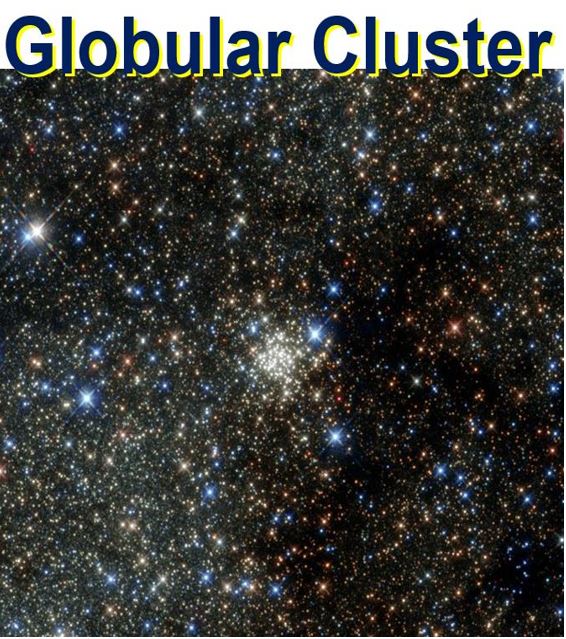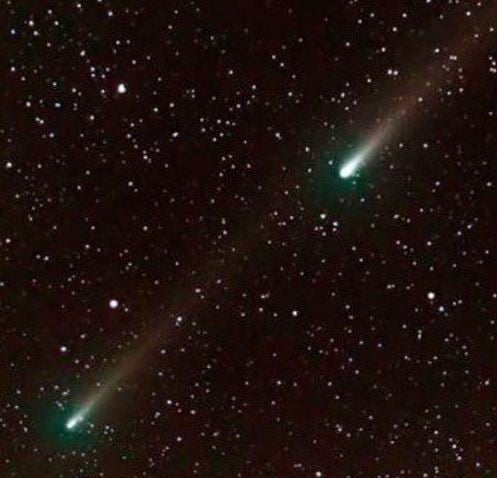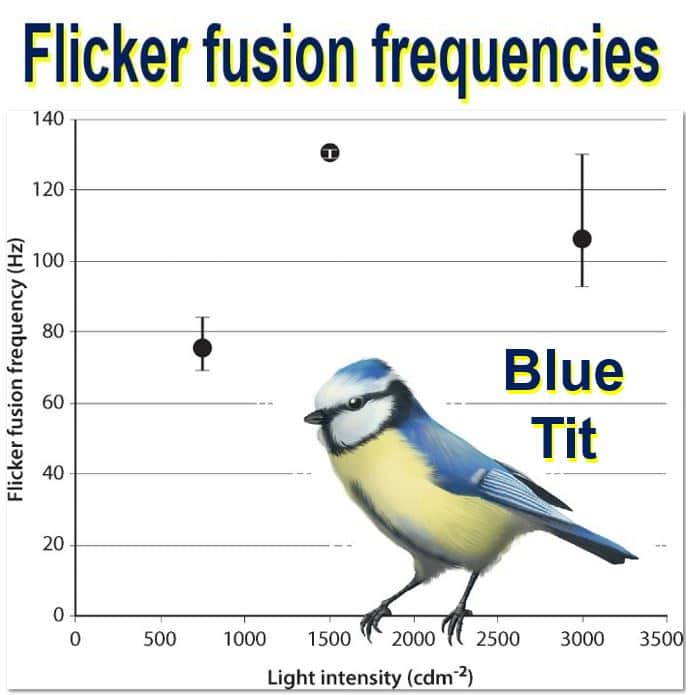Aliens most likely exist in globular clusters says Harvard scientist
If aliens do exist, they are more likely to live in a globular cluster, says Dr. Rosanne Di Stefano, who works at the Harvard-Smithsonian...
Homophobia raises its ugly head again at CERN laboratory in Geneva
Homophobia has raised its ugly head again at CERN’s laboratory in Geneva, says LGBT CERN, which reported that several of its posters have been...
Watching paint dry never been so exciting say scientists from UK and France
Watching paint dry has never been so exciting, say scientists from the UK and France, who claim that the activity we often describe as...
Dinners in Space Tim Peake challenges Blumenthal to create British dishes
Before lifting off into space, British astronaut Major Tim Peake challenged celebrity chef Heston Blumenthal to create dishes to eat during his six-month mission...
Earth Hour celebrated across the world lights out for one hour
Earth Hour 2016 was celebrated across the world on 19th March from 8.30pm to 9.30pm. The event, organised by the World Wildlife Fund (WWF),...
Fleet of UFOs photographed flying above The Shard in London
A fleet of UFOs was photographed last December by somebody who had been walking around the area of London's tallest building - The Shard...
Two comets flying super close to Earth next week
Two comets will be flying super close to Earth next week – astronomically speaking, they will miss our planet by just a whisker. However,...
Small birds have vision twice as fast as ours they beat all vertebrates
Small birds have incredibly fast vision, faster than any other vertebrates and over twice the speed than that of humans, a team of Swedish...
Iron Age cemetery 2500 years old discovered in Yorkshire by builder
An Iron Age cemetery, 2500 years old, was discovered by builders who were working on a David Wilson Homes development in Pocklington, a small...
Weird stuff happens when you watch paint dry say British and French scientists
Weird stuff happens when you watch paint dry, says a team of British and French scientists, who have given a new meaning to the...










